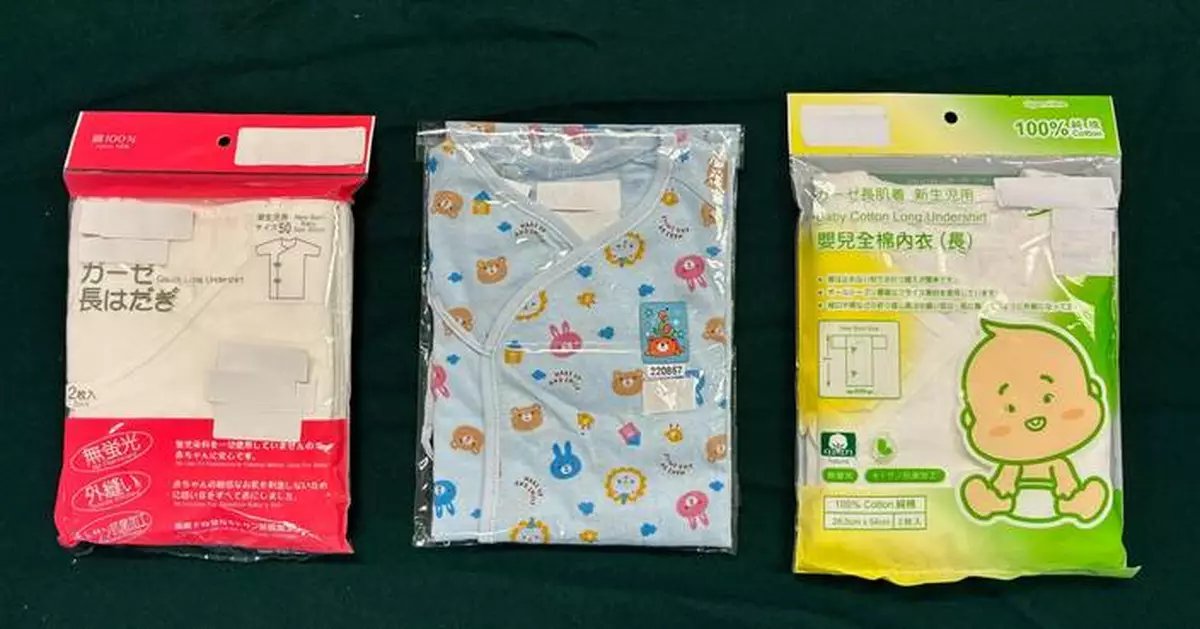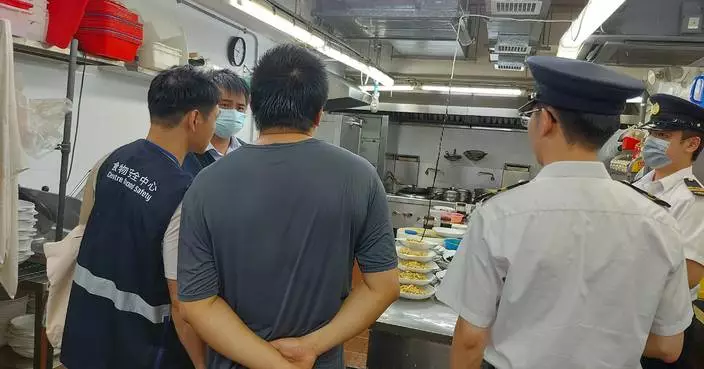Hong Kong Customs alerts public to three models of unsafe babywear
Hong Kong Customs today (August 27) alerted members of the public to three unsafe models of babywear. Test results indicated that the cords of the three models of babywear could pose strangulation and injury hazards to babies. Parents are advised not to dress their babies with the three models of clothes to avoid incidents.
Customs earlier received referral from a related organisation that three models of suspected unsafe babywear were being supplied on the market. Customs officers immediately conducted spot checks in various districts and test-purchased the three products for safety tests by a laboratory.
The test results revealed that the cords near the upper chest of the three models of babywear could strangle babies and pose suffocation risks. In addition, the cord ends of one of the models were too loose, which may tightly entangle babies' fingers and restrict blood circulation. Meanwhile, the cords of another model were too long, which could entangle with other objects and cause injury to babies. It was also found that samples of that model contained formaldehyde levels that exceeded the limit of the relevant safety standard, suspected of failing to comply with the general safety requirement of the Consumer Goods Safety Ordinance (CGSO).
Customs officers subsequently conducted operations and seized a total of about 1 600 pieces of two of the related products from three retailers in Tsim Sha Tsui, Quarry Bay and Tsuen Wan, and two wholesalers and importers in Tsuen Wan.
Prohibition notices were served on the retailers, and the wholesalers and importers concerned, prohibiting the continued sale of the three models of babywear.
Furthermore, Customs officers have conducted inspections in various districts and have not found any sale of the three products concerned so far.
The investigation is ongoing.
Customs reminds members of the public to observe the following safety tips when purchasing babywear:
Pay attention to the style and design as well as the structure of the babywear to see if there is any potential hazard;
Beware of whether the cords are too loose when purchasing babywear with upper chest cords;
Beware of whether the drawstrings of the babywear are too long; and
Choose a suitable size and avoid purchasing babywear that istoo tight or too loose.
Customs also reminds traders to comply with the statutory requirements of the CGSO to protect the safety of consumers. Under the CGSO, it is an offence to supply, manufacture or import into Hong Kong consumer goods unless the goods comply with the general safety requirement for consumer goods. The maximum penalty upon conviction is a fine of $100,000 and imprisonment for one year on first conviction, and $500,000 and imprisonment for two years on subsequent conviction.
Members of the public with information relating to unsafe consumer goods may make a report via Customs' 24-hour hotline 2545 6182 or its dedicated crime-reporting email account (crimereport@customs.gov.hk) or by filling in an online form (eform.cefs.gov.hk/form/ced002/).
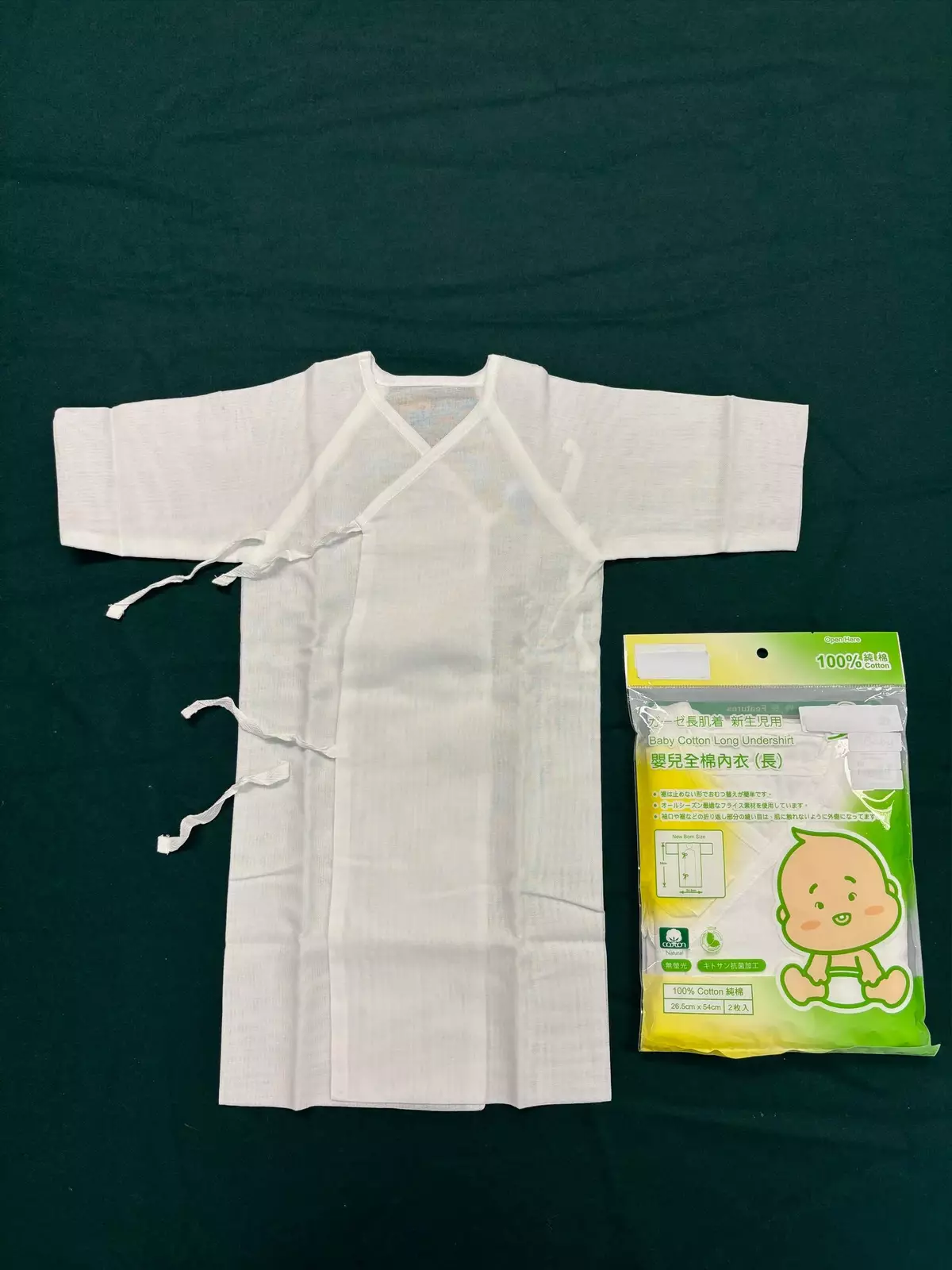
Hong Kong Customs alerts public to three models of unsafe babywear Source: HKSAR Government Press Releases
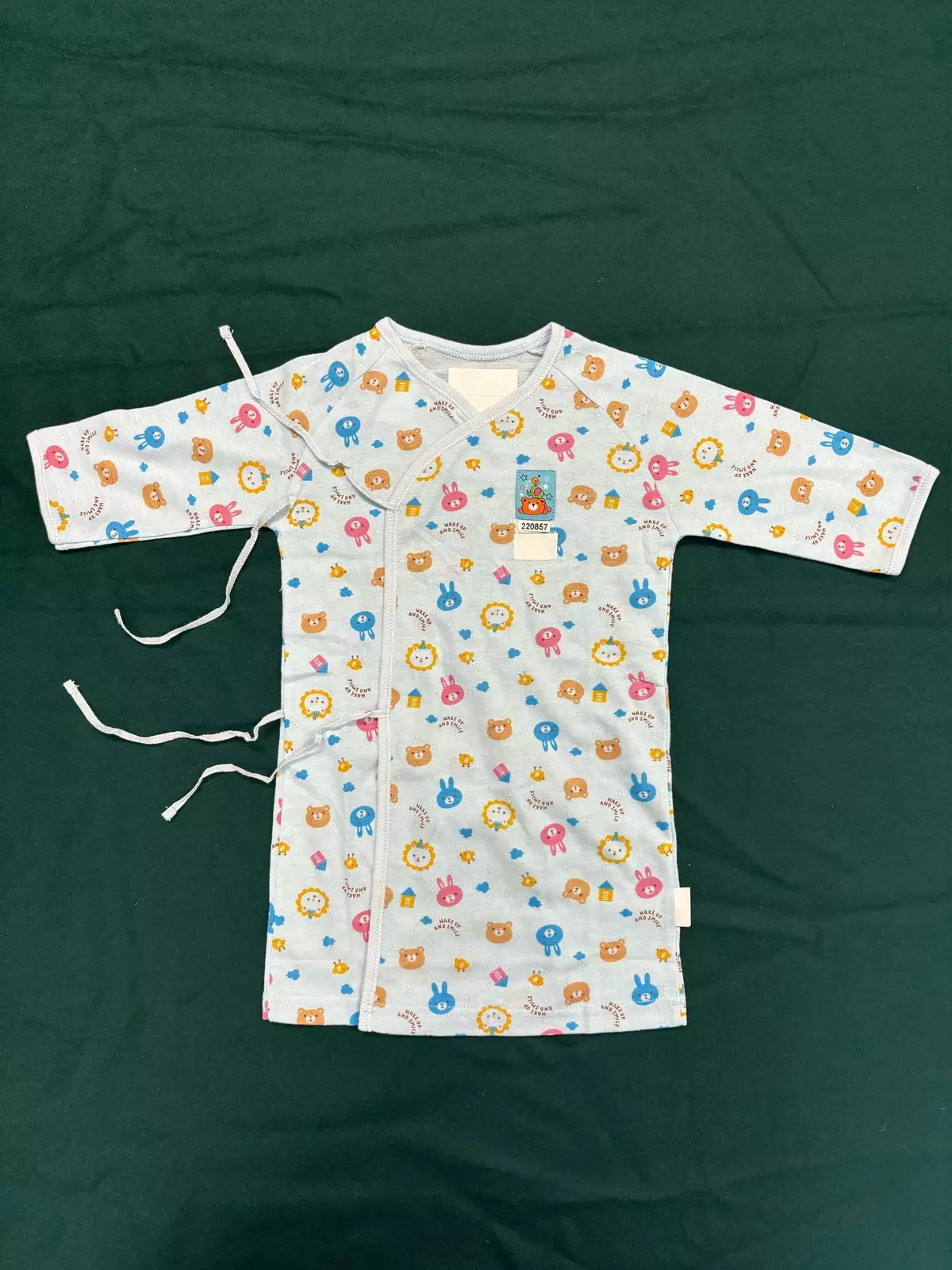
Hong Kong Customs alerts public to three models of unsafe babywear Source: HKSAR Government Press Releases
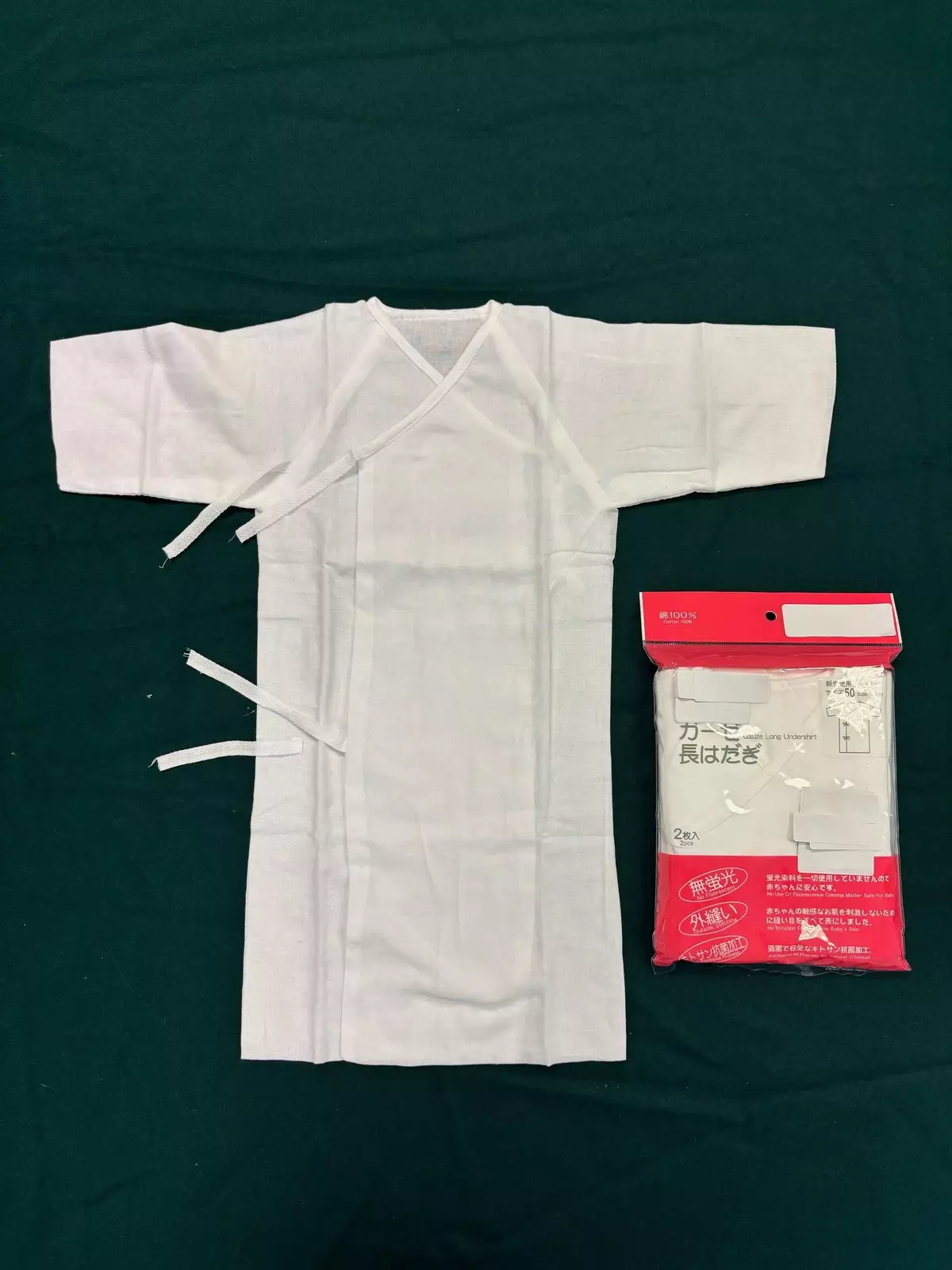
Hong Kong Customs alerts public to three models of unsafe babywear Source: HKSAR Government Press Releases
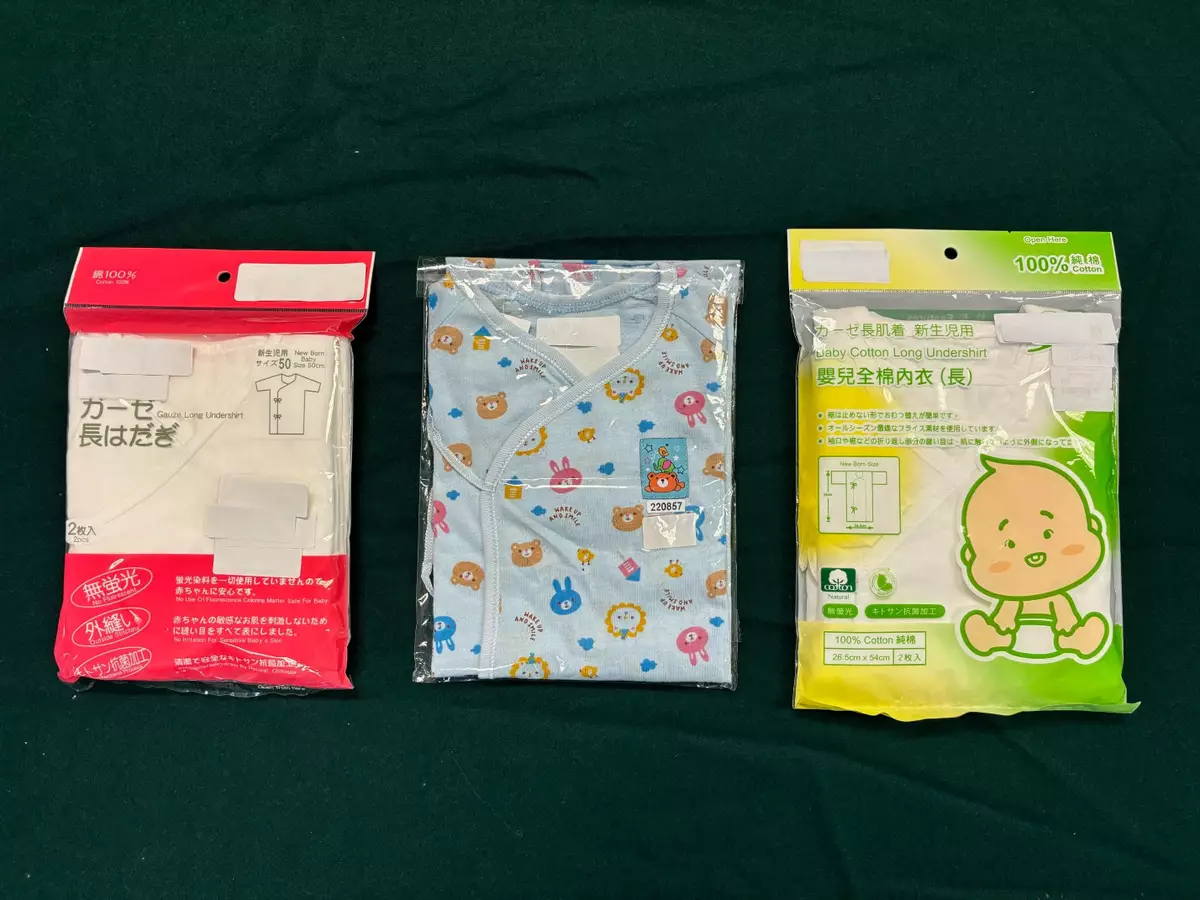
Hong Kong Customs alerts public to three models of unsafe babywear Source: HKSAR Government Press Releases
CHP appeals for heightened vigilance against invasive Group B Streptococcus
The Centre for Health Protection (CHP) of the Department of Health today (September 13) appealed to members of the public for heightened vigilance against invasive Group B Streptococcus and in particular, urged them to pay attention when touching or handling raw freshwater fish and should wear gloves, as well as not to consume undercooked freshwater fish.
Hong Kong has recorded in 2021 summer (between September and October) a cluster of more than 50 cases of Group B Streptococcus, belonged to serotype III sequence type 283 (ST283). The then investigation found that the infections were associated with contact of raw freshwater fish or consumption of undercooked freshwater fish. The CHP subsequently enhanced surveillance on the relevant cases with the Hospital Authority (HA). The recent surveillance data revealed an upward trend in the number of in-patients tested positive for invasive Group B Streptococcus during last month and September 11. The CHP immediately conducted further laboratory analysis of the cases in collaboration with the HA and the preliminary result showed that 27 of the cases were ST283. The CHP's analysis of some of the samples is still in progress and it cannot rule out that the number of cases will further increase.
The CHP's epidemiological investigations showed that the 27 patients with ST283 infections involved ten males and 17 females, aged between 53 and 88 (median: 70), residing in 18 districts throughout the territory, with no district clustering identified. Among them, 20 patients have underlying illness. The patients mainly presented with sepsis (15 patients), joint abscess (nine patients), meningitis (two patients) and urinary tract infection (one patient). The HA's information showed that among the 27 patients, five have been discharged, 17 hospitalised patients are in stable condition, three in serious condition and the other two passed away. The CHP is obtaining further information on the cause of death from HA.
The CHP also conducted an in-depth investigation on the exposure history of individual patients prior to the onset of the disease in order to identify the possible sources of infection. It was found that about 90 per cent of the patients had contact with or handled raw freshwater fish, prior to the onset of their disease. Seven of them reported that they had wounds on their hands when handling raw freshwater fish, but no infected person reported that they had consumed freshwater fish sashimi. Based on the above information, the CHP considered that the cause of infection was related to the handling of or contact with raw freshwater fish (especially with wound on the hands).
In addition, investigations revealed that 19 patients had been to freshwater fish stalls in markets and contacted freshwater fish, which involved 14 markets located in different districts. The personnel of the CHP had inspected markets where some of the patients had visited and wholesale fish markets supplying live fish to conduct epidemiological investigations. A total of 71 relevant workers have been monitored and no symptomatic worker found. The CHP has provided health education to the workers and will continue to monitor health conditions of workers of other fish stalls. During the investigations, it was identified that the ST283 isolates of environmental and fish samples collected from a retail freshwater fish stall inside the Shek Wu Hui Market is identical to those found in some patients. For prudence's sake, the Food and Environmental Hygiene Department (FEHD) has arranged thorough cleansing and disinfection for all freshwater fish stalls inside Shek Wu Hui Market. The investigations of the CHP are ongoing.
The CHP, the FEHD and the Agriculture, Fisheries and Conservation Department (AFCD) held a joint meeting today to review the relevant situation. The FEHD's personnel will inspect all fish stalls, licensed Fresh Provision Shops and Permitted Premises selling freshwater fishin Hong Kong, provide education on hygiene to relevant workers and request them to strengthen cleaning and disinfection work at the premises. The FEHD conducts thorough cleaning at each public market every day and will pay special attention to the hygiene condition in the vicinity of freshwater fish stalls in the markets. Separately, the AFCD confirmed no abnormality has been observed regarding freshwater fish in wholesale fish markets and will continue to monitor the condition of live fish.
"Literature reported that ST283 exists in freshwater fish, especially in Southeast Asia countries, and with seasonal pattern. Association between invasive Group B Streptococcal infection of ST283 and consumption of raw freshwater fish was also reported in overseas literature," a spokesman for the CHP said.
"Members of the public shall wear gloves when touching or handling raw freshwater fish. If symptoms such as inflamed wound and fever develop, they should seek medical attention promptly. Meanwhile, the public should refrain from consuming undercooked freshwater fish," a spokesman for the CHP reminded.
The CHP will issue a letter to doctors to enhance their alertness for Group B Streptococcus infection cases. The CHP will continue to provide advice to members of the public through different channels to minimise the infection risk and work together with relevant departments to enhance publicity, especially health education related to wound care and consumption of freshwater fish.
A spokesman for the FEHD said that in order to protect public health, freshwater fish sashimi is a prohibited food item under the Food Business Regulation (Cap. 132X) in Hong Kong.
To prevent Group B Streptococcus (ST283) infection, members of the public are reminded to maintain personal, food and environmental hygiene and should keep their hands clean and practice good wound care at all times, especially:
To minimise the infection risks, workers of aquatic products or restaurants must wear gloves when handling aquatic products and avoid direct contact with aquatic products or dirty water with bare hands;
When buying aquatic products, the public must avoid direct contact with the aquatic products or use any towel provided by the stalls. They should wash hands with liquid soap and water as soon as possible if having contact with aquatic products which are not fully cooked. When handling aquatic products at home, the public should also wear gloves and wash hands thoroughly afterwards;
Members of the public must not eat any freshwater fish sashimi, raw or undercooked freshwater aquatic products. When consuming hot pot food or congee items which consist of aquatic products, they should ensure that the food is thoroughly cooked in which the centre of the food should reach a temperature of at least 75 degrees Celsius so as to destroy pathogen; and
People must not touch aquatic products directly whenever there is a wound on hands. If a wound is sustained during handling aquatic products, the wound must be cleaned immediately and properly covered with waterproof adhesive dressings. Individuals should seek medical advice promptly when wound infection is found.
The public may visit the CHP's Invasive Group B Streptococcus Infection associated with Sequence Type 283 (ST283) page for more information.

Source: AI-generated images






